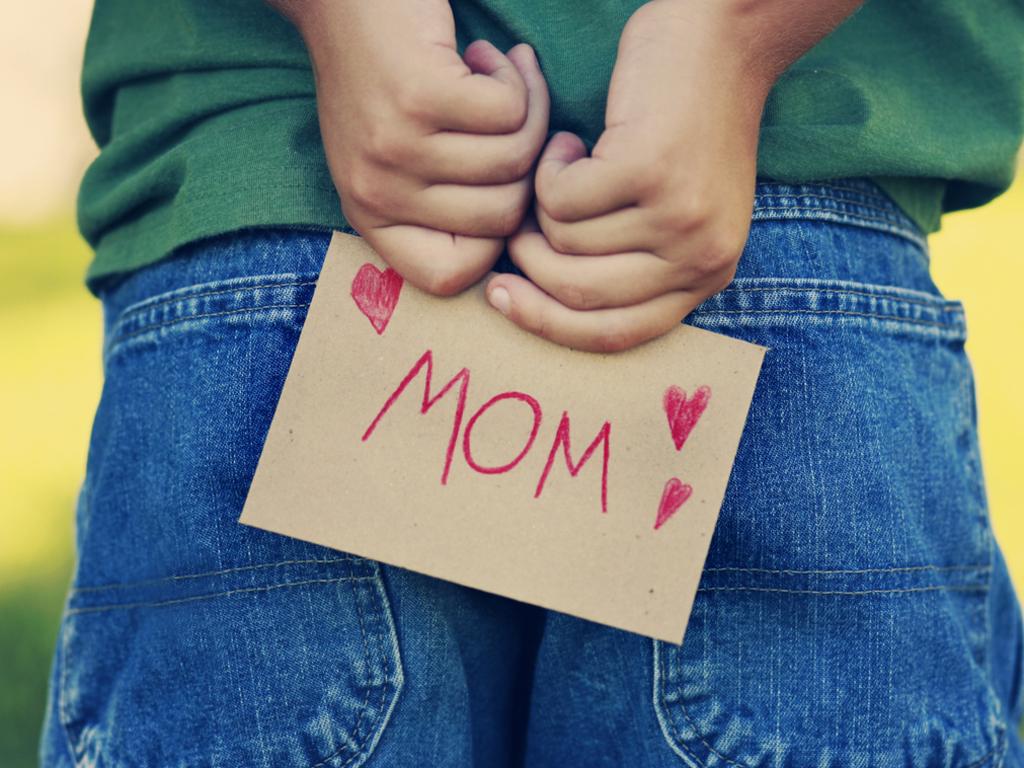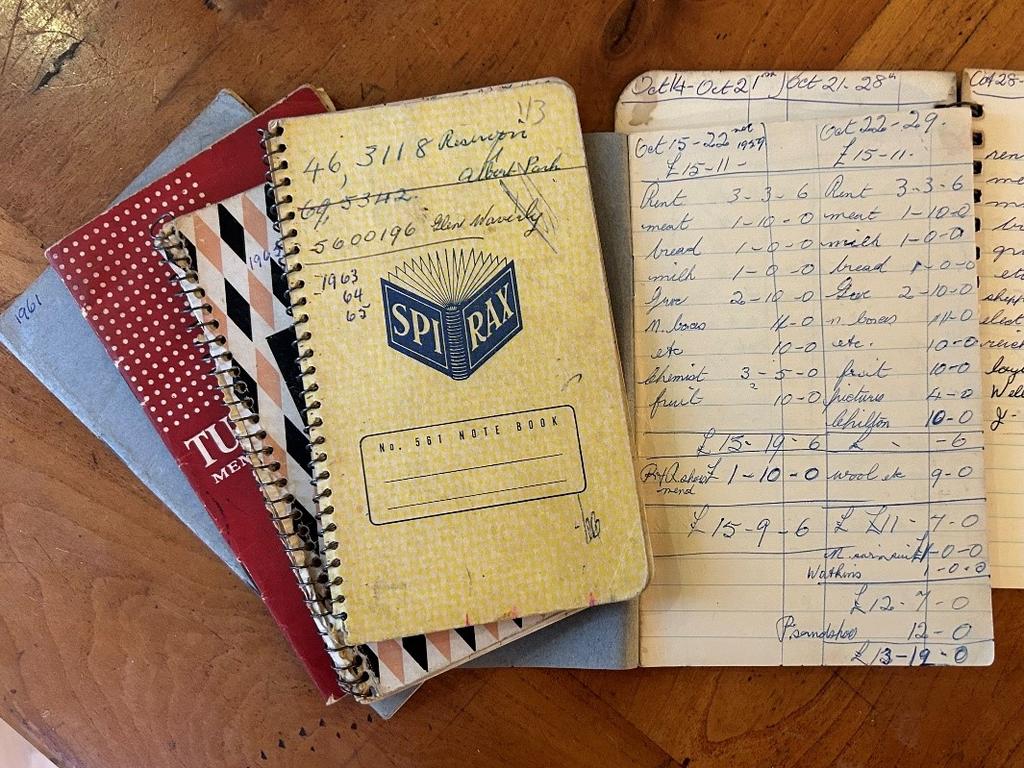Hooroo! Like fashions, words come and go
When leaving a social group, what do you say? Sadly the endearingly rhythmic cheerio and hooroo have lost ground to today’s bye and bye-bye.

Is everything tickety-boo? When leaving a social group, do you say cheerio? In my childhood home the common farewell from my older siblings to my parents was hooroo – a corruption of hooray, which seems like an odd thing to say when leaving. Sadly the endearingly rhythmic cheerio and hooroo have lost ground to today’s bye and bye-bye. Though it must be said that there is a poetry to the distinctively modern phrase “check you later”.
My point is that many words and phrases come and go, like fashions. Others that continue to be used serve as time-capsules carried through the decades. And if this is the case, then what popular words and phrases are we using today that say something unique about modern Australia?
It seems to me, for example, that we have developed a penchant for anything luxe (as in luxe living), which is of course the French word for luxury. This is unusual in a cost-of-living crisis. Maybe luxe has a special resonance in remote Australia because it conjures up imagery of European sophistication.
I am not sure what previous generations would have made of the statement “I am living my best life”, or the phrase “my lived experience”, both in common use today. Perhaps this is reflective of a broader philosophical shift based around the rise of the individual. Both phrases effectively exist to elevate the role of the individual. Authority is no longer limited to decreed law but can also include my lived experience. And what matters is not just the common good; it can also include me living my best life. But regardless, I suspect that in due course both of these phrases will seem like odd things to say. They could be today’s versions of tickety-boo, hooroo and cheerio.
The term disruption was all the go prior to the pandemic, whereas today the focus seems tobe on diversity. During the lockdowns, “efficacy” was a real buzz word (I especially like its adjectival form, efficacious). And I am sure few gave any thought to the term “supply chain” prior to the great toilet paper rush of 2020.
The first time I heard (and understood) the term “infrastructure” was in the mid-1990s. Politicians were talking about the need to deliver infrastructure. Is this because it’s a word that only comes into your vocabulary when you’re in your thirties, as I was then? I would have remembered if my parents had discussed infrastructure in the 1960s but I’m pretty sure they didn’t. The same logic holds for the word “resources”, meaning coal, gas, iron ore and the like. I’m not sure everyday people chatted about resources prior to the resources boom of 2008-2012.
All of this raises the issue of what terms and phrases might surface in the future. Perhaps we will create (or elevate the significance of) words based around threatening concepts like defence, climate, and civil unrest.
Who knows, maybe in the 2030s we will commandeer a foreign phrase (perhaps made famous by a popular movie of the time) that makes reference to a struggling social group simply known as “the left behind”.
In an ideal world, and in an ideal future for Australia, we might be inclined to talk less about luxe and the individual, and more about collaborative concepts like common prosperity and strengthened communities. Hooroo!








To join the conversation, please log in. Don't have an account? Register
Join the conversation, you are commenting as Logout